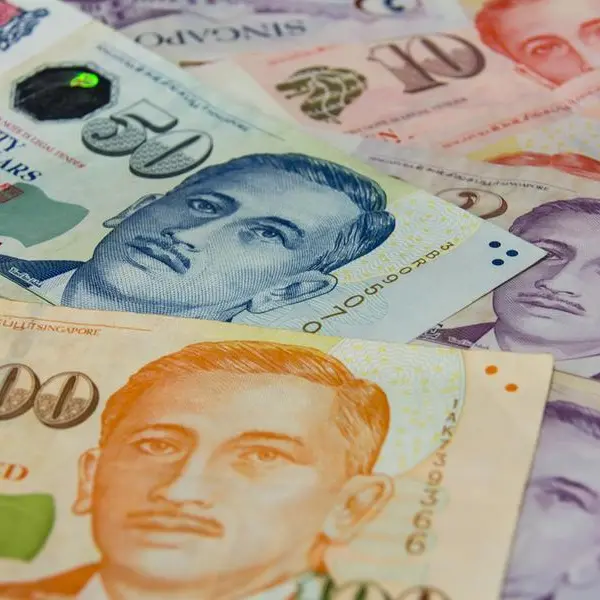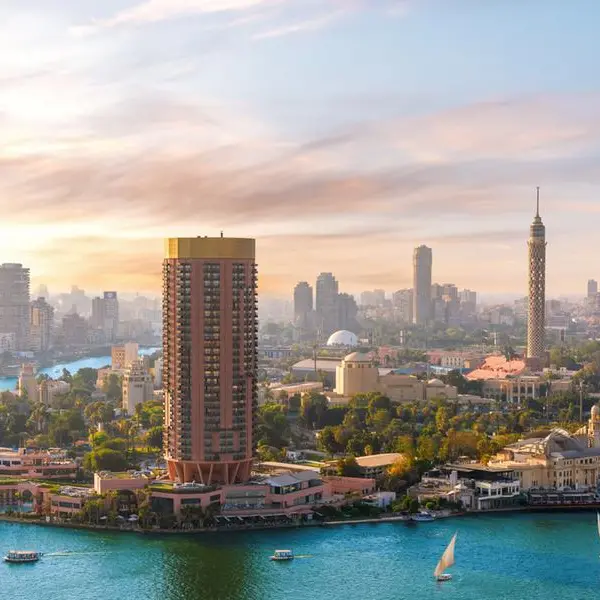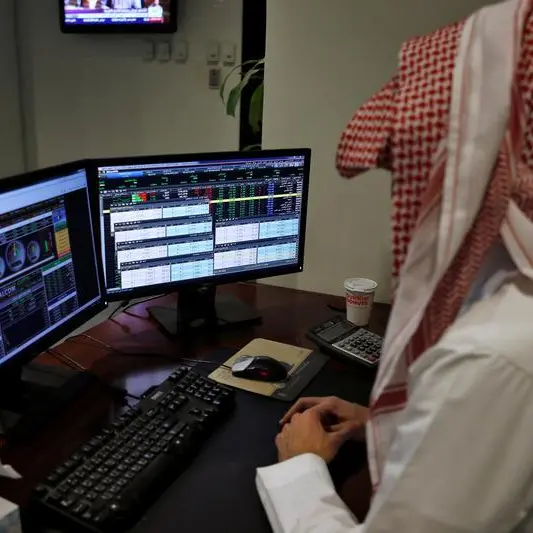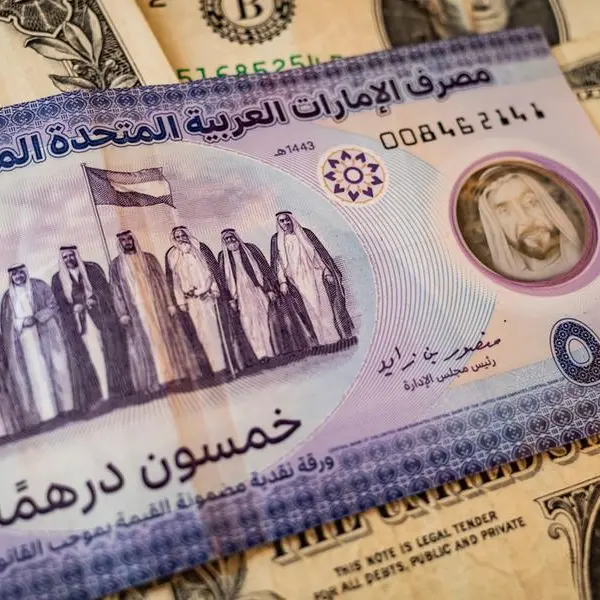PHOTO
The Middle East and Africa (MEA) has become the fastest-growing region for foreign direct investment (FDI) since 2019, achieving the largest gain in FDI market share in 2022 with digitalisation and green energy on top of investors’ priority. This is according to a new report launched by Investment Monitor during day two of the Annual Investment Meeting (AIM Global 2023) currently being held in Abu Dhabi, United Arab Emirates.
Titled “Investment Monitor’s FDI Report 2023: A Focus on the Middle East & Africa”, the report revealed that despite ongoing challenges, the MEA region has strong opportunities for securing an even larger share of FDI as investors eye sustainable investment.
The Middle East saw the largest spike in FDI post-pandemic in 2021, more than double compared to the previous year, while Africa recorded a sturdy growth of 37.8%. Both regions witnessed strong increases in FDI in 2022, with Africa increasing by 17.7% and the Middle East increasing by 13.6%.
Interestingly, despite losing global market share, Europe, Asia, and North America continue to be the top three regional markets for FDI.
Glenn Barklie, chief economist at Investment Monitor and head of FDI services at Global Data Media, disclosed some of the major investments to have recently been made in MEA, including the United Kingdom’s J.O Steel’s $865-million integrated billet manufacturing plant in Saudi Arabia, India’s ACME Cleantech $13 billion investment in green hydrogen in Egypt, and France’s TotalEnergies and its partner China National Offshore Oil Corporation’s (CNOOC) $10-billion crude oil production site in Uganda.
“On the greenfield side of things, we did see it’s effectively a lapse in time frames… so, a lot of the growth that we have seen in 2021 [and] 2022 is a rebound,” he said. “There are over 1,600 ultimate parent companies [that have] invested in MEA in 2022,” Barklie continued, adding that companies tended to focus on only one market: either the Middle East or Africa.
Greenfield projects
Half of all MEA countries experienced an increase in FDI projects in 2022, explained the report, with investments from over 100 countries – of which 71 are outside MEA – have invested in the Middle East alone. Major sources of investments outside of the region include the UK, India, France, and China. The US, UK, India, France, and the UAE have become the top source markets for ME.
Meanwhile, the report also revealed that the top five countries by number of greenfield FDI projects are the UAE, Saudi Arabia, South Africa, Egypt and Qatar. Egypt has attracted FDI projects through its renewable programs, while Qatar has attracted FDI as the FIFA World Cup brought in the spotlight on the country. The Kingdom of Saudi Arabia has benefited from opening its borders for tourism.
Barklie said that while global trend data shows that there has been an overall decline in FDI since 2019-2020, the MEA region continues to attract FDI due to rapid digitalisation. There are strong rankings for other tech-based themes, he added, with the macro landscape such as geopolitics, supply chain and energy transition reshaping where the investments are heading.
“So, for the year, it’s all about political stability as the surrounding environment, favourable incentives, [and] availability of talents… [They] are the key factors that investors are looking for, especially in times where there are a lot of geopolitical issues,” he said. “There are a lot of different macro factors that are coming into play; stability is a real real key area.”
Barklie added that companies in the report spoke about digitalisation as a top sector while also highlighting artificial intelligence (AI) and energy transition as key areas of priority.
“What that tells me is that, on the company side of things, they are thinking of things much more than IPAs [investment promotion agencies] are,” he said.
IPAs are mostly government authorities that aim to attract investors into the country. One of the biggest challenges is the concentration of FDI in the capital cities, with the largest FDI increases recorded in Doha, Nairobi, Cape Town and Lagos. Barklie concluded that this was a point for IPAs to explore bringing investors into different parts of the country.
(Reporting by Omnia Al Desoukie; editing by Brinda Darasha)





















